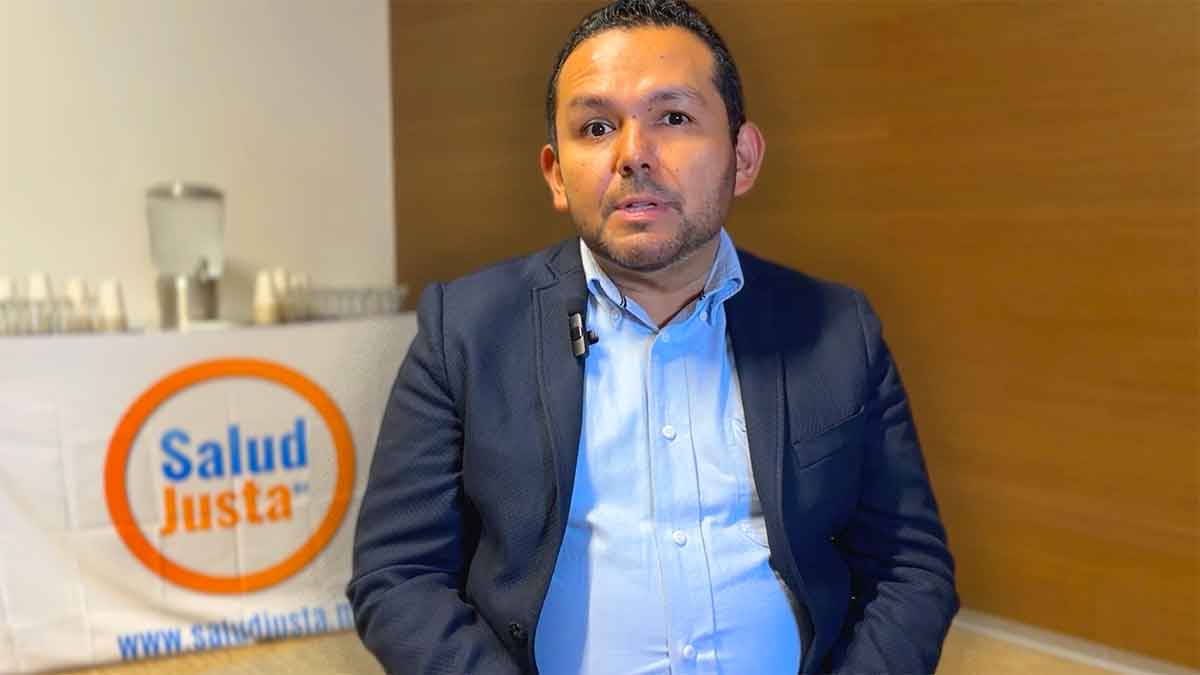- Resources
- News
-
-
Get Email Updates
Sign up for STOP's emails and never miss an update on our latest work and the tobacco industry's activity.
-
Get Funding
Ready to tackle industry interference? You could be eligible for a grant.
-
Share a Tip
Do you have information on tobacco industry misconduct in your country? Let us know.
-
Get Email Updates
Sabotaging Policy
May 20, 2021

“Unsmoke your mind.” “A better tomorrow.” “Building a brighter future.” Do these sound like slogans for companies that sell hundreds of billions of cigarettes every year? Or that fight efforts to reduce or eliminate smoking?
Despite tobacco companies’ best attempts to persuade the public and policymakers that they’ve changed, they’re still very much in the cigarette business. To protect that business—and the rich profits they garner from it—they work hard to create fertile ground for continued smoking. And that includes blatantly interfering in policy measures that are proven to reduce tobacco use.
In the spirit of this year’s World No Tobacco Day theme of “Commit to quit,” we urge policymakers and advocates to call out the industry for all of the ways it tries to create an environment that makes cessation more difficult. Here are just a few places to start.
Tackle interference with tobacco taxes
According to the World Health Organization, increases in tobacco taxes that lead to higher cigarette prices have consistently proven to be one of the most successful and cost-effective measures for reducing tobacco use. It makes sense: If the smoking habit becomes unaffordable, more people will be likely to quit or never take it up in the first place.
If people quit smoking, however, tobacco companies stand to lose profits. So, they vigorously fight measures that would lead to higher tobacco taxes. The 2020 Global Tobacco Industry Interference Index showed that in 2019, industry interference caused tax measures to be defeated or delayed in Brazil, Colombia, Germany, Kazakhstan and Ukraine. Sometimes the industry lobbies government officials directly, and sometimes it uses third-party allies to scare decision-makers into thinking tax increases would lead to more activity on the tobacco black market—even though this correlation is over-simplified.
Protect plain packaging and graphic pictorial health warnings
The tobacco industry has a history of trying to delay or prevent the implementation of plain packaging (in other words, blank packs of cigarettes devoid of branding) and graphic pictorial health warnings—most likely because they prove to be effective in discouraging smoking. Evidence from Australia suggests that plain packaging has contributed to a decline in the prevalence of smoking in the country, and increases the noticeability of health warnings. Yet the industry continues to try to delay or block such warnings; legislation that would have increased pictorial health warning sizes in Colombia was defeated in 2019.
Preserve smoke-free environments
When passed, smoke-free legislation effectively prevents people from smoking in certain areas, such as campuses, parks, restaurants and, in one case, an entire city. In the Philippines, when legislation was proposed to make Balanga a tobacco-free city, the Philippine Tobacco Institute (representing Philip Morris International [PMI] and other tobacco companies) launched a legal challenge in 2017. The court ruled in favor of the tobacco industry, but the city issued an appeal in 2019.
Crack down on tobacco industry participation in smuggling
Evidence shows tobacco companies may be complicit in the smuggling of their own products onto the black market. It may seem counterintuitive, but there are a number of reasons why they might do it. Among them, illicit cigarettes tend to be cheaper (thus more affordable to those who would otherwise not buy them) and easier for young people to access, since they can skirt age regulations that prevent youth uptake of smoking.
Sound the alarm on science manipulation
When researchers first established the link between smoking and lung cancer in the 1950s, the tobacco industry began its long history of trying to refute established science and confuse the public about the harms of smoking. After all, if people knew the truth about the harms cigarettes could cause, they’d be more motivated to quit.
That’s likely why the industry continues this tactic today. Research has revealed that the lead author of an early study on the relationship between nicotine use and COVID-19 had received tobacco industry funding in the past, and that the industry spread claims that smoking or vaping could protect against COVID-19. Another notable example (see Tactic 3) occurred in New Zealand in 2019, when a researcher who received funding from PMI’s Foundation for a Smoke-Free World fought a measure to prohibit smoking in cars with children by purporting that, “scientific studies have not proven that exposure to cigarette smoke in the car causes disease,” despite research showing otherwise.
Block the industry from discouraging tobacco control
On World No Tobacco Day—and every day—policymakers, civil society organizations, advocates and the general public should call out the tobacco industry for its attempts to subvert tobacco control measures that can reduce smoking.
Seeing these interference attempts where you live? Report them to STOP.


